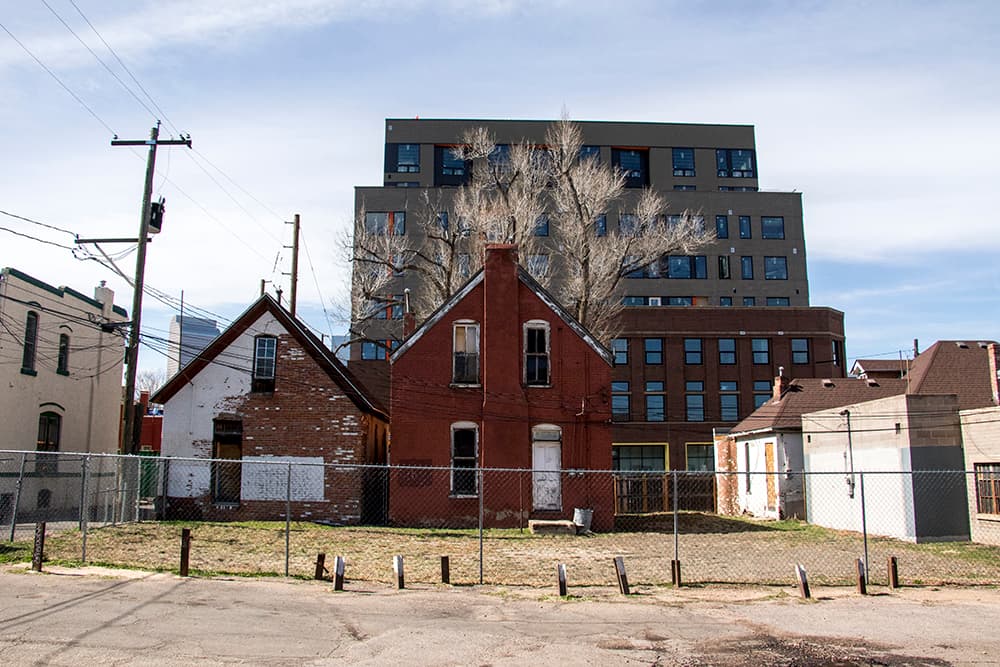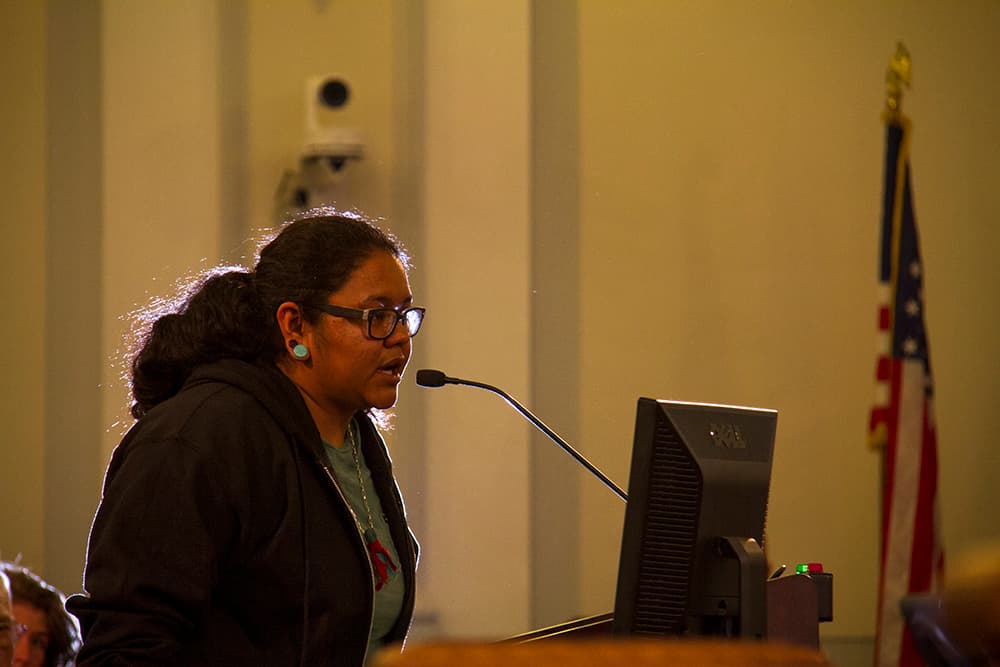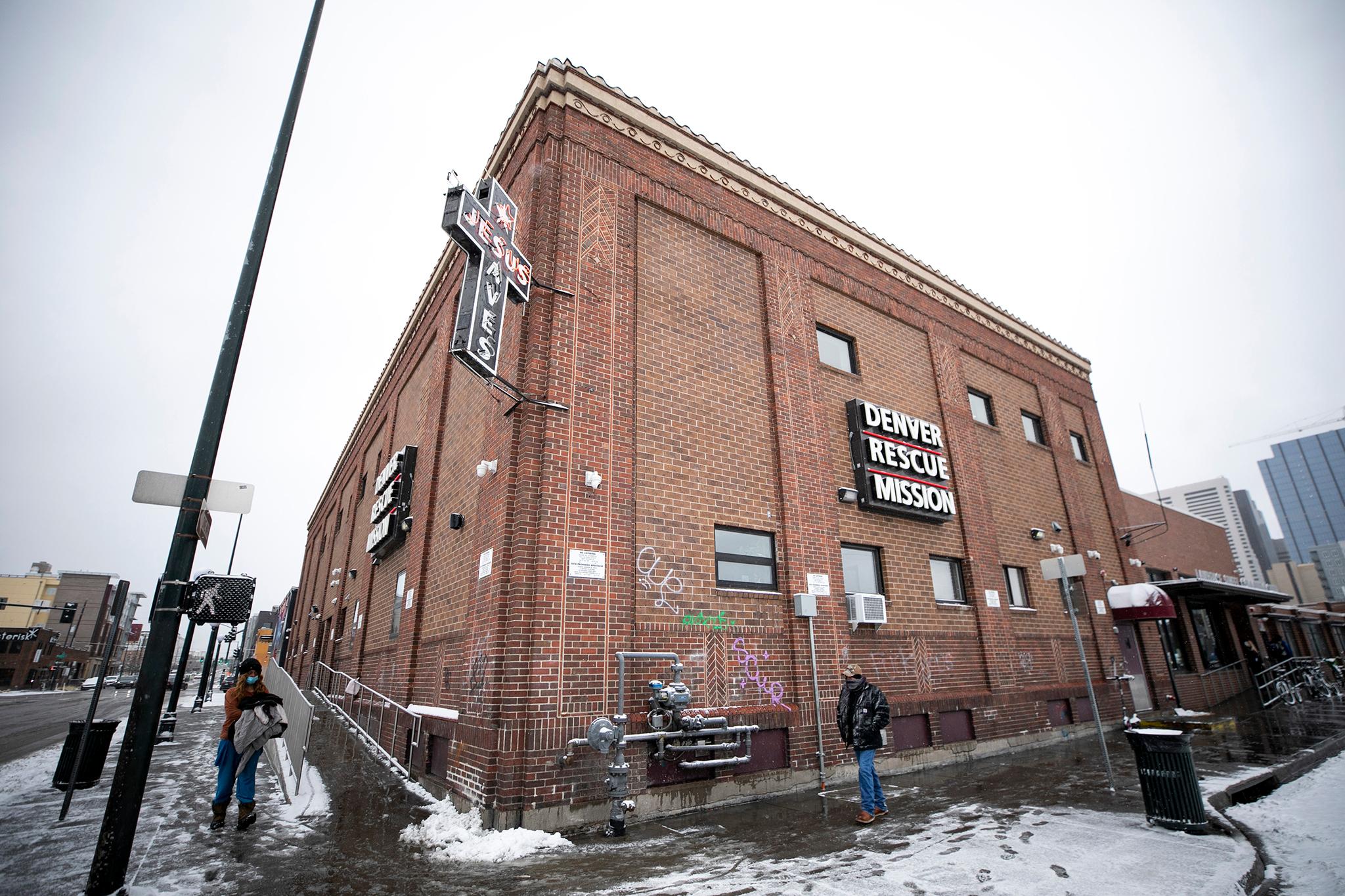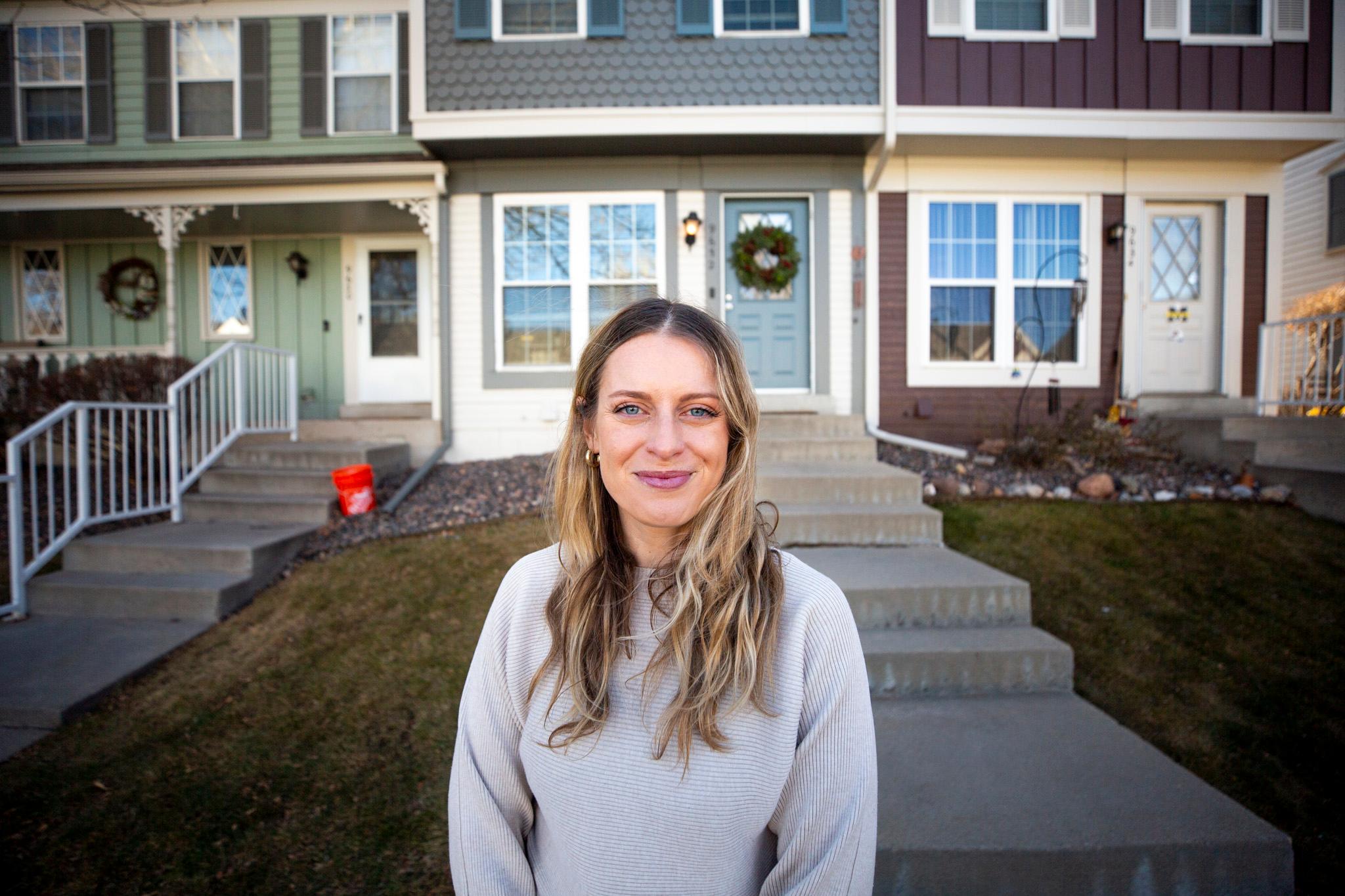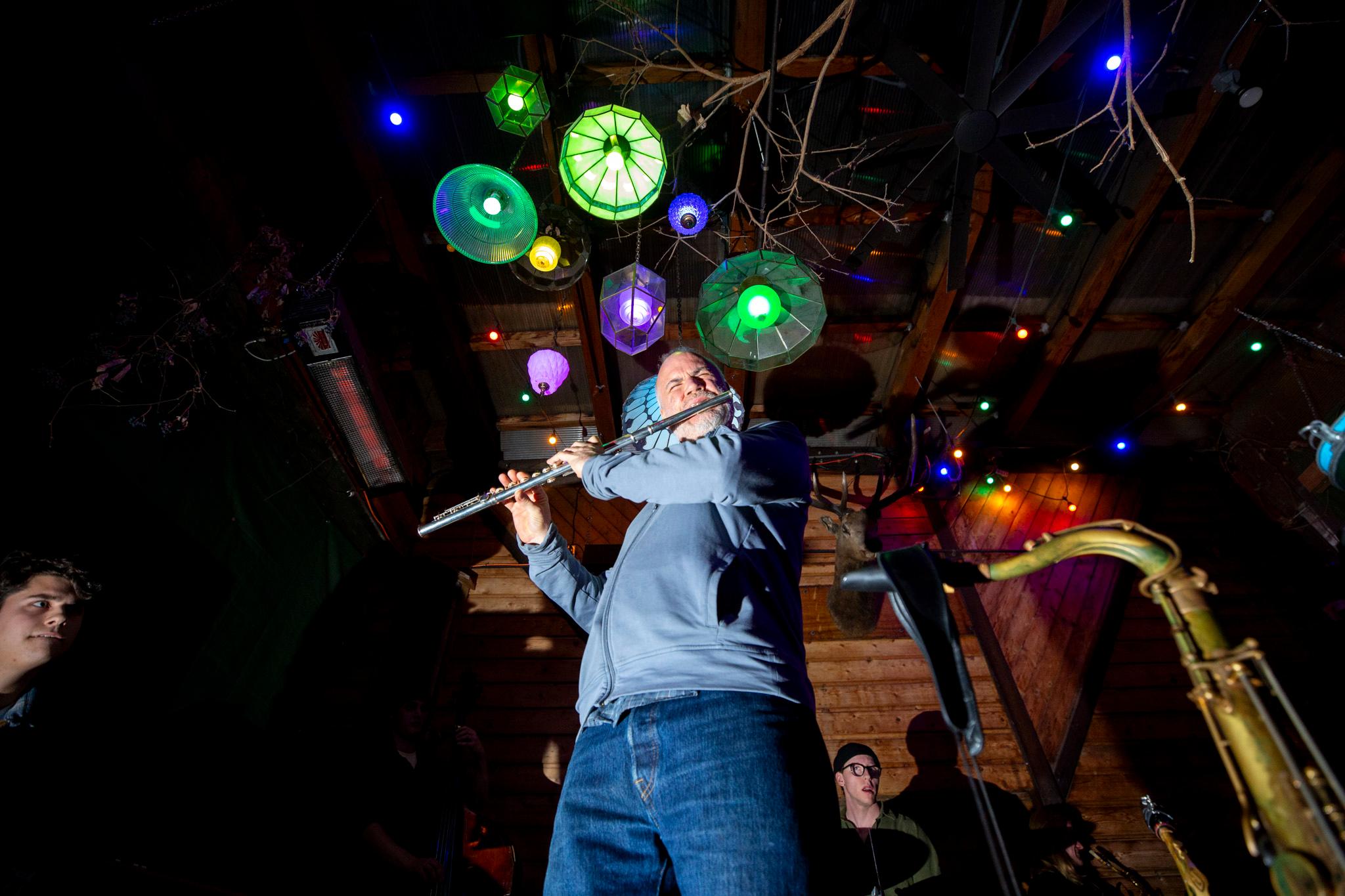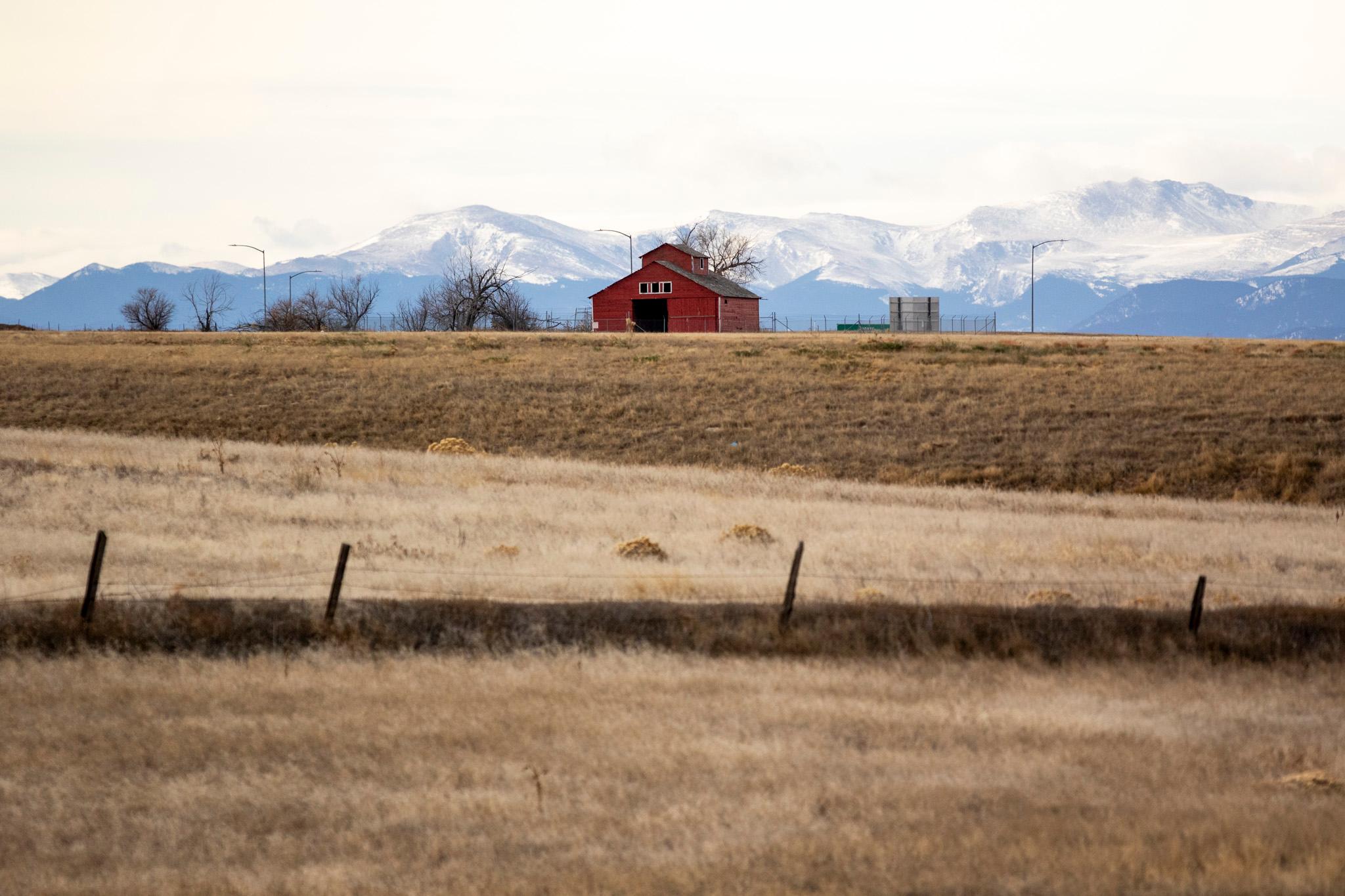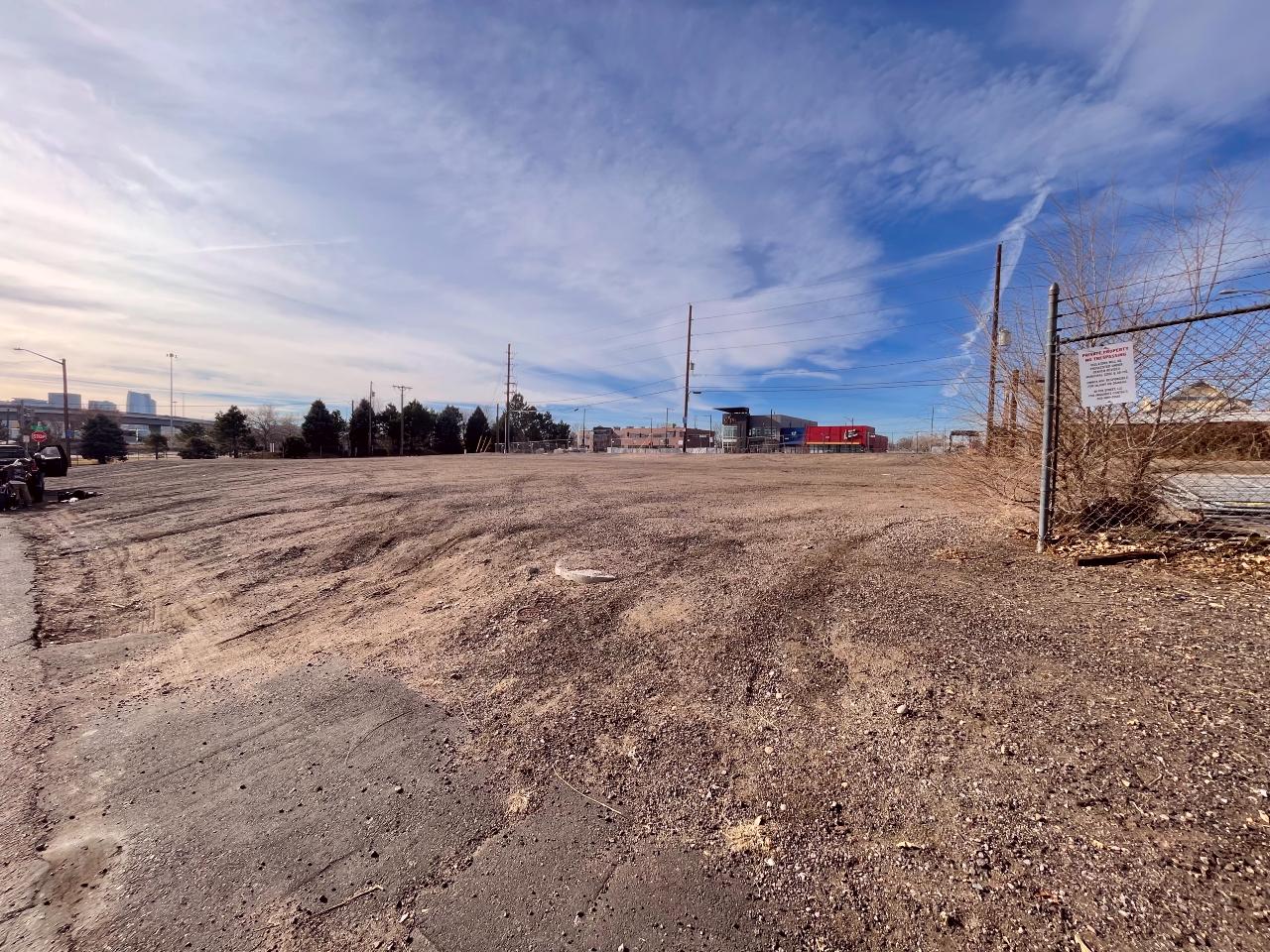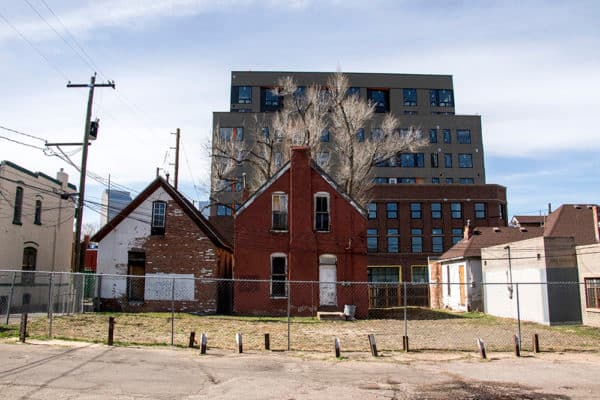
Nationwide, homes in areas that were redlined have shown menial increases in value in comparison to homes in the surrounding areas, according to a report recently published by Zillow.
Denver, however, is an exception to the rule.
Denver’s current real estate market has a lot to do with the uptick of home values in these areas, said April Denmon, owner of Denmon Realty.
“What we have been seeing is that it’s a seller's market because there's not much inventory,” Denmon said. “In the normal buyers' market, there are about 25,000 homes listed. Currently, there are around 2,700 houses on the market in the whole state of Colorado.”
According to Zillow, nationally, “the median value of a home in redlined areas is $276,199, nearly $50,000 less than the $324,489 median value of homes in the surrounding areas.” In Denver, the median home value in a redlined area is $542,709 compared to only $509,545 in the surrounding areas.
Vanesha Dutra, a finance professor at the University of Denver, noted that this may not necessarily be a victory for residents from those redlined and thus historically disenfranchised communities. Dutra noted that although homes in those areas have significantly gone up in value, long time residents may not be seeing a reciprocal uptick in their overall wealth.
“This is quite literally a result of gentrification,” said Dutra. “There's so much demand to be in the city, so people are saying, 'we' have to move into the areas historically they have not wanted to go. These areas are going from minority to non-minority. The reason the prices in these particular areas is going up is because of a lack of real estate.”
For Dutra, this phenomenon is particularly compelling in Denver because she believes it will radically speed up the pace of displacement of the city's the black and brown communities. She is also particularly concerned that this trend may facilitate an increase in the wealth gap as home ownership is a substantial factor in determining the economic health of a community.
She rattled off some common concerns she’s heard from residents in formerly minority-majority neighborhoods like Five Points and North Park Hill: “We don't have cultural hubs. We can't afford these houses. Your grandmother may have had a property for a couple of generations, but now because of the property tax, she can't afford it. It’s no longer affordable for the historical and primary residents in these areas.”

